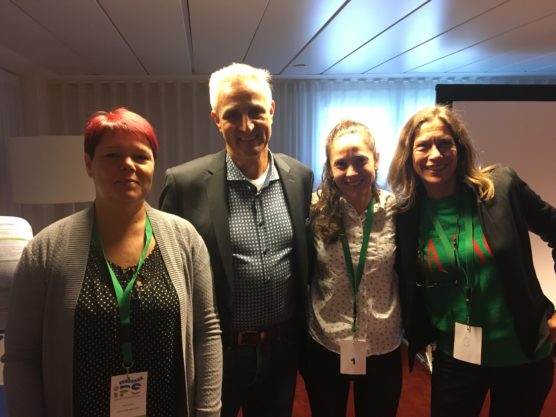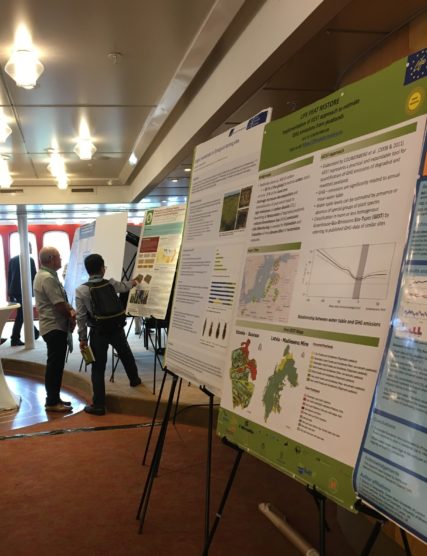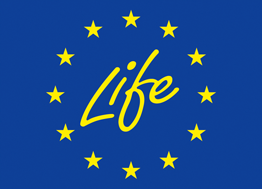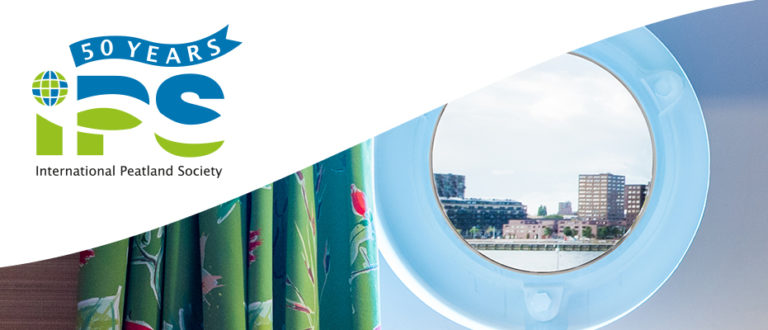LIFE Peat Restore participated in the 50th Anniversary Jubilee Symposium of the International Peatland Society (IPS), celebrated recently in Rotterdam (Netherlands). IPS is an organisation dedicated to the responsible management and wise use of peatlands and peat. Representatives of major international organisations and the peat industry participated in panel discussions and presentations, from institutions like Food and Agriculture Organisation (FAO), International Panel on Climate Change (IPCC) to companies like Klasmann-Deilmann, Premier Tech and Bol Peat.
Although the event was largely sponsored by the peat industry, it still provided an opportune platform for lively discussions about the present and future role of peat use. Two nearly opposing views were confronted with no definitive conclusion. On the one hand, the responsible use of peat for the unforeseeable future was defended, characterised mainly by the commitment to restore after peat extraction. On the other hand, the regulation and phasing out of peat extraction was acknowledged as an inevitability; therefore, the peat industry were encouraged to prepare themselves by researching alternatives to peat and recognising the market opportunity in peatland restoration.

There is a growing concern that, with new peatland areas still being identified and with continuance of the current model of boundless peat extraction, the negative impacts to the global climate will be devastating. Especially, if new peatland areas are to be exploited; like the recently discovered in Congo, which is estimated to be the size of England.
LIFE Peat Restore at the IPS 50th Anniversary Jubilee
The Peat Restore project shared its initial experience with the implementation of the GEST approach via a poster presentation. Throughout the conference, the project manager held informal discussions with participants about the way GEST estimates the greenhouse gas (GHG) emissions of degraded peatlands.

Moreover, panel discussions further confirmed the relevance of Peat Restore. Following the 2015 Paris Agreement, countries are obliged to report on their emissions performance. In order to carry out such commitment, high quality estimation of GHG emissions is needed. LIFE Peat Restore is contributing to this task, by refining and strengthening the two techniques implemented within the project: direct chamber measurements and GEST estimations. The emissions data collected from the project sites may be added to the States’ national GHG inventory.
Also, the need for significant GHG reductions has led to the growing importance of peatland restoration as an effective and affordable strategy to reduce countries GHG emissions. In fact, a senior advisor from the Secretariat of the RAMSAR convention mentioned that, on the next RAMSAR committee meeting, the question of how restoration can be integrated in the Nationally Determined Contributions (i.e. countries action plans) will be discussed.


